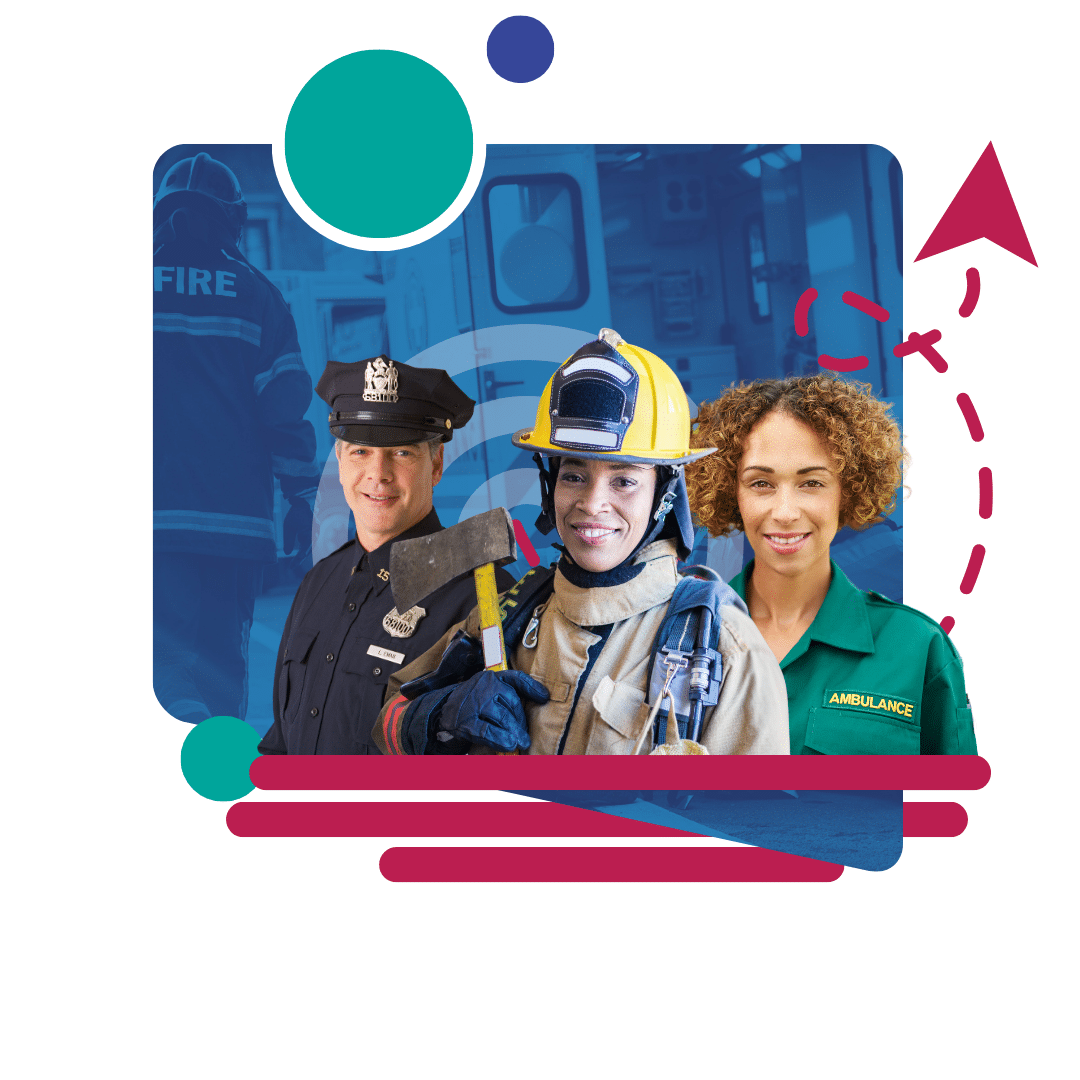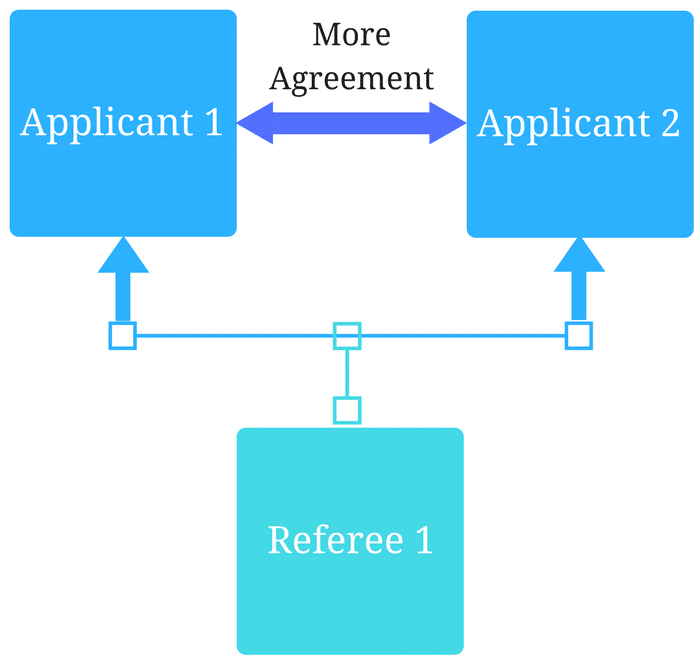Use Casper To Elevate Your Emergency Services Recruitment

September 20, 2023
In the world of emergency services recruitment, technical skills are undeniably crucial. But there’s a side to effective emergency response that goes beyond certifications and training – the realm of soft skills. The ability to communicate, collaborate, empathize, and solve problems quickly and with finesse can make all the difference in high-stakes situations. As agencies strive to build well-rounded teams that serve and protect, Casper’s open-response situational judgment test is a game-changer in identifying these essential qualities.
Why are soft skills critical for first responders?
Emergency Services – Firefighters, paramedics, and police officers – are the backbone of our communities, facing challenges that require a balance of expertise and emotional intelligence. Consider a firefighter responding to a distressed family, a paramedic providing comfort to an injured individual, or a police officer defusing tense situations with empathy. These scenarios demand more than textbook knowledge; they require the ability to connect on a human level.
Soft skills are the unseen threads that hold the fabric of public safety together. Traits like effective communication, collaboration, problem-solving, and empathy not only bolster team dynamics but also foster trust between responders and the communities they serve.
However, it’s not just about these interpersonal attributes. Firefighters, paramedics, and police officers encounter situations that test not only their physical capabilities but also their mental fortitude. The ability to bounce back from adversity, to remain focused in chaos, and to cope with stress is what sets exceptional first responders apart. Resilience equips them to navigate the emotional toll, sustain their passion for service, and continue making a positive impact.
Acknowledging the significance of these skills for emergency services recruitment is just one part of the equation – the other is to measure them accurately during the recruitment process.
Introducing Casper for a more holistic recruitment approach
Casper is an open-response situational judgment test (SJT) that first gained traction in medical school admissions to ensure that the students have the “bedside manner” so critical to the profession. It is designed to delve into a candidate’s thought processes, ethical compass, and interpersonal prowess. It’s a test that doesn’t just ask what candidates know, but rather how they think and act in real-world scenarios.
Casper assesses how individuals would handle personal and professional challenges and, more importantly, their underlying reasoning. It has an open-response format, unlike other SJTs that use a multiple choice format with pre-determined lists of answers. This ensures Casper promotes authenticity by allowing applicants to describe their actions and provide the rationale behind their decisions in specific scenarios. It also eliminates the need for preparing or studying, since applicants are responding based on their own experiences.
Here are some other Casper highlights:
- Casper is delivered online, making it possible for your applicants anywhere in the world to take it easily on any computer.
- It takes 90-110 minutes to complete.
- Backed by nearly twenty years of research and evidence.
- It includes both text and video-based scenarios and responses that reflect real-life experiences, encouraging participants to freely express their thoughts.
- The human raters responsible for scoring candidates receive extensive training, and represent the community that the new hires will serve.
- A single z-score is provided to the agency, enabling hiring managers to quickly identify candidates who will bring the right personal and professional skills to these critical roles.
Hiring managers can use Casper’s evaluations by combining them with other decision-making inputs to make informed hiring decisions.
What are the benefits of using Casper for emergency services recruitment?
Holistic selection: Casper provides insights into candidates’ personalities and behavioral attributes, guiding hiring managers toward individuals who have what it takes to succeed in their teams and their communities.
Predictive performance: By assessing these important skills in the hiring process, hiring managers have a better chance of selecting candidates who will do well in their jobs, ensuring that the responders they hire are equipped for the demands of their roles.
Fairness: Casper has smaller group differences than academic assessments and is known to deliver varied cohorts, improving agencies’ chances of hiring candidates who reflect their community.
Stronger community bonds: Hiring responders with exceptional soft skills doesn’t just benefit the team – it builds trust and rapport with the communities they serve.
How Casper adds a new dimension to your recruitment process
Emergency services are evolving, and so should the way we identify and hire responders. Casper adds a new layer of understanding to first responder recruitment, ensuring that the individuals who are brought on board possess not only the technical competence but also the humanity, compassion, problem solving, and other soft skills to excel in their roles.
As agencies seek to build resilient, cohesive, and effective teams of firefighters, paramedics, and police officers, remember that the sum of their soft skills can be greater than their individual expertise, both for the individual and their communities.
Related Articles

How interviews could be misleading your admissions...
Most schools consider the interview an important portion of their admissions process, hence a considerable…
Reference letters in academic admissions: useful o...
Because of the lack of innovation, there are often few opportunities to examine current legacy…
